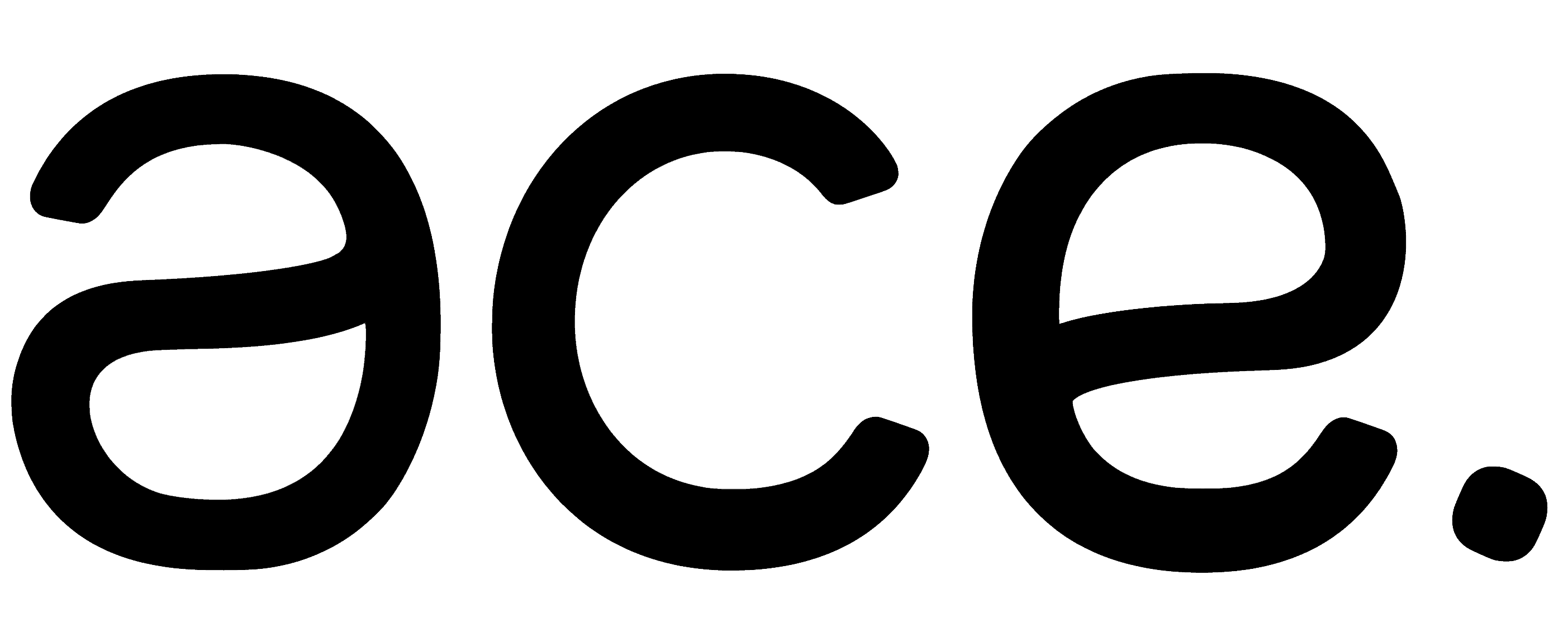When you’re self-employed, your primary goal is to grow your business while managing costs effectively.
One crucial aspect often overlooked is the strategic use of professional costs to reduce tax liabilities and improve your overall financial planning.
This guide will delve into what professional costs are, why they are important, which costs you can deduct, and other essential concepts like full versus partial deductibility.
Understanding Professional Costs
Professional costs are essentially the expenses incurred in the operation of your business.
Also known as deductible costs, professional costs aren’t just any expenses but specifically those necessary for your business operations and growth.
To qualify as deductible, the costs must be work-related, directly contribute to generating income, and be supported by documentary evidence like invoices or receipts.
Why Deduct Professional Expenses? The primary benefit of deducting professional expenses is reducing your taxable income.
For instance, your business income minus deductible expenses results in your net taxable income.
Lower taxable income means you pay less tax, optimising your financial output for business growth and ensuring better resource allocation for future needs.
Types of Deductible Professional Expenses
Self-employed individuals, whether operating as sole proprietors or within a company structure, can deduct a range of costs. These include:
- Business travel expenses
- Professional training and seminars
- IT equipment like computers and mobile phones
- Office supplies including desks and chairs
- Communication costs like Wi-fi and mobile subscriptions
- Insurance premiums
- Contributions to retirement savings plans
Each expense must be justified as necessary for your business operations and substantiated with receipts or invoices.
Deducting Costs for Your Business Premises
If you rent a business location, such as an office, factory, shop, or workshop, then you can deduct all costs incurred for these premises in your income tax return.
If you own your business location, the costs you can deduct in your income tax return will depend on whether you classify the location as a company asset or a private asset.
Running a Business From Home
Business expenses for an office located in your home cannot usually be deducted.
The Dutch Tax Administration has a tool you can use to calculate what costs you can deduct for a workspace in your home.
Full vs. Partial Deductibility
Not all expenses are fully deductible.
While costs such as educational expenses and professional insurance might be 100% deductible, others such as entertainment and certain vehicle expenses might only be partially deductible due to their mixed-use nature or specific regulations.
Deduction vs. Write-off: Understanding Depreciation
The terms ‘deduction’ and ‘write-off’ often confuse many, but they refer to different ways of handling expenses.
Deductions are usually for immediate expenses, while write-offs (or depreciation) involve spreading the cost of an asset over its useful life.
For example, a laptop used for business can be depreciated over several years, aligning its cost with its period of use.
This method ensures an accurate representation of financial performance.
Choosing Between Actual Costs and Lump Sum Deductions
If you incur few business expenses, opting for a lump sum deduction might be beneficial.
This method doesn’t require keeping detailed receipts.
For sole proprietors, this could be a percentage of your profit, capped at a specific amount.
However, actual expenses often exceed these lump sums, so maintaining detailed records can be more beneficial financially and provide greater tax savings.
Conclusion
Professional costs offer a powerful way for self-employed individuals in the Netherlands to manage their finances efficiently.
By understanding what costs can be deducted and how to properly document and claim these expenses, you can significantly reduce your tax burden and reinvest those savings into growing your business.
Need personalised advice on handling professional costs?
Book a consultation with ACE today and ensure you’re making the most of your business deductions!






